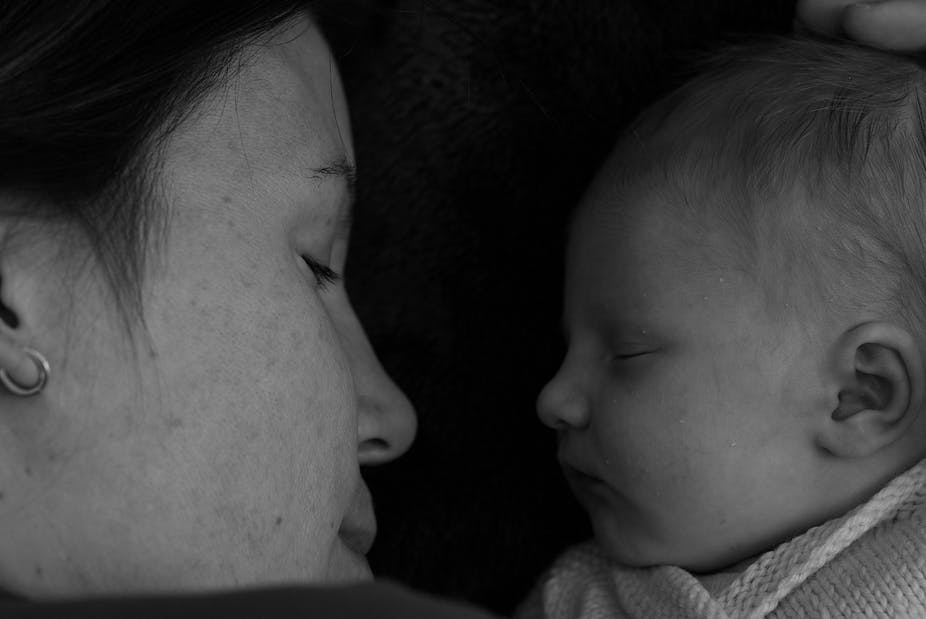The idea that pregnancy protects against mental illness is now discredited and there’s increasing evidence of the negative impact of poor maternal mental health on the mother, child and the rest of the family. But there’s hope yet for this vulnerable – yet eminently accessible – population.
Mood disorders commonly arise or recur in pregnancy and after childbirth, with up to a fifth of all women giving birth experiencing depressive or anxiety symptoms or a disorder. Around 3% suffer more severe mood disorders and 0.2% have an episode of puerperal psychosis.
What’s more, maternal suicide is one of the leading causes of indirect maternal mortality both during pregnancy and postpartum.
But addressing the problem of maternal mental health should not be difficult: the perinatal period – encompassing pregnancy and the first post-natal year – is especially amenable to public health interventions as most women will have close and usually regular contact with maternal and infant health care systems.
The regularity of this contact provides a unique opportunity for establishing population-wide programs aimed at early detection and intervention at a time of particular vulnerability for mothers, infants and families.
In Australia, midwives and early childhood nurses are increasingly undertaking psychosocial screening of pregnant women and new mothers to identify those at risk of, or with early symptoms of, mood disorders.
This approach, piloted in New South Wales, was recommended in the beyondblue National Action Plan for Perinatal Mental Health in 2008.
The Department of Health & Ageing subsequently established the National Perinatal Depression Initiative enabling the introduction of specific perinatal mental health Medicare items.
Earlier this year, it developed the National Clinical Practice Guidelines for Depression and Related Disorders in the Perinatal Period for clinicians who provide primary care for pregnant women and mothers, such as general practitioners, obstetricians and paediatricians.
These guidelines are based on a systematic literature review and make recommendations for routine and universal depression screening using the Edinburgh Depression Scale both during pregnancy and after the child is born.
They suggest the use of comprehensive psychosocial assessment and provide specific advice about the safety of psychotropic medication during pregnancy and while breastfeeding.
In contrast to the equivalent British NICE guidelines (2007) they also emphasise the need to assess the mother’s interaction with her infant, given maternal depression may have a significant impact on the child’s emotional well being.
But universal psychosocial assessment remains an area of intense debate: its implementation has significant resource implications both in terms of training and human resources, as well as the need for close integration with mental health services for cases where a need is identified.
The effectiveness of psychosocial assessment is just beginning to be evaluated. A randomised controlled trial of early post-natal screening using the Edinburgh Postnatal Depression Scale and supportive counselling undertaken in Hong Kong, showed improved maternal mental health at six months for those receiving the screening and counselling compared with the control group.
We now need to evaluate the effectiveness of combining psychosocial assessment with integrated pathways to care in the greater Australian context. This will help us ensure that we are providing the best quality and most accessible services for vulnerable women.
Otherwise, we will fail mothers and put the emotional well being of their babies at risk.
This article is based on an editorial that appears in today’s Medical Journal of Australia.

